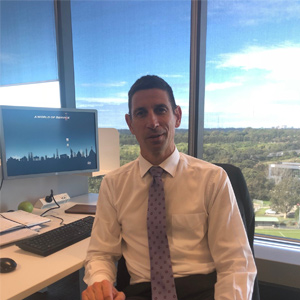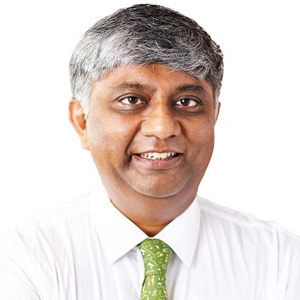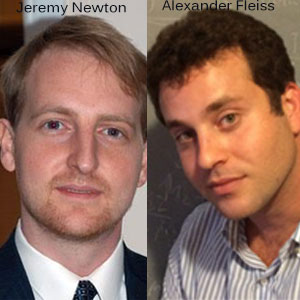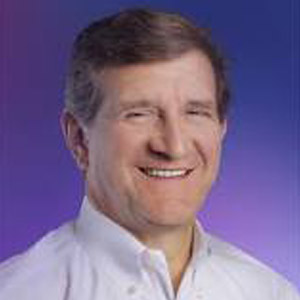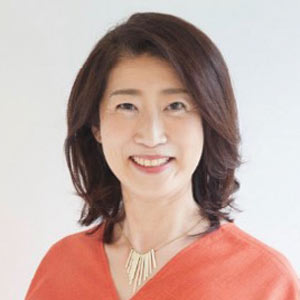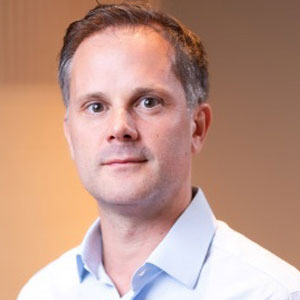Read Also
New Hr Capabilities To Face Evolving Technologies
Anti Deisnasari, Director Of Compliance, Seabank Indonesia
Strengthening The Compliance Fortress In The Banking Sector
Chuan Lim Ang, Managing Director And Sg Head Of Compliance, Cimb
Navigating Legal Challenges By Adapting To Technological Shifts
Valerie Feria Amante, Chief Legal, Ethics & Compliance Officer, Jollibee Group Of Companies
Compliance In The Medtech Industry
Tomoko Chantelle Kondo, Head Of Legal & Compliance, Arthrex Japan
How Can The American Trade Finance Companies Manage Present (And Future?) Chinese Mineral Export Control Measures?
Thomas Lagriffoul, Regional Director Of Compliance Apac, Thomas Lagriffoul Coface
Optimizing Customer Experiences Through Data-Driven Strategies
Indra Hidayatullah, Information Technology Operation Division Head, Pt. Bank Tabungan Negara
Customer-Oriented And Compliance Mindsets In Claims Management
Alex Lee Li Haojun, Group Claims Manager – Insurance, Mapletree
Optimizing Business Efficiency with a Multi-Disciplinary Legal Operations Team
Shulin Tay,Head Of Legal And Compliance - Singapore, Revolut


